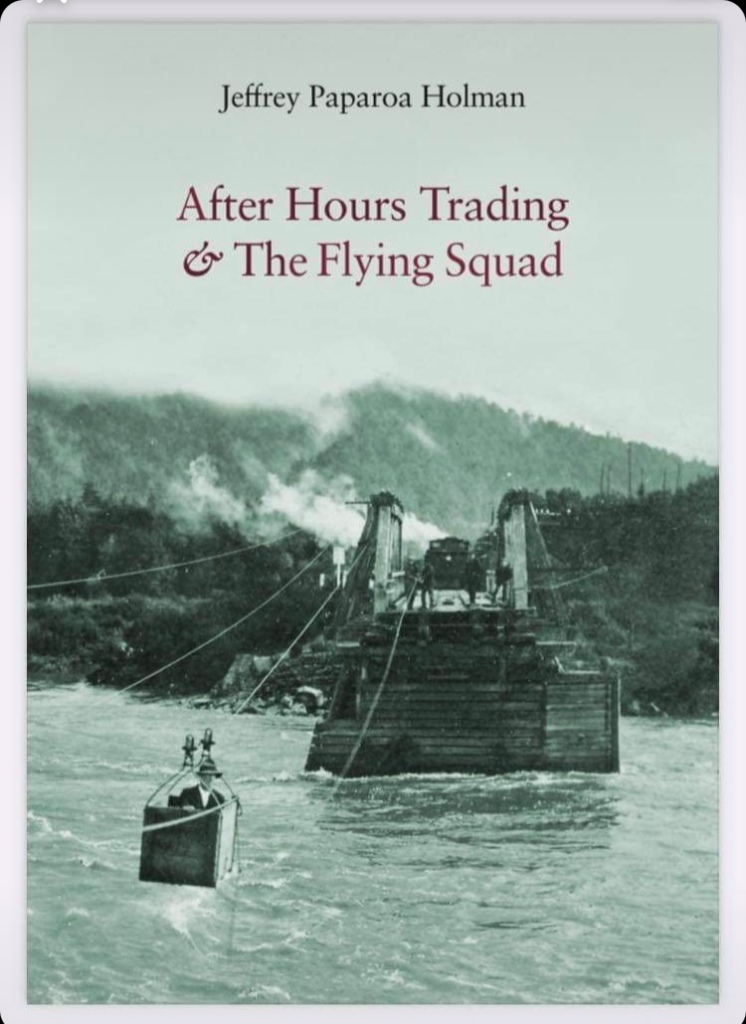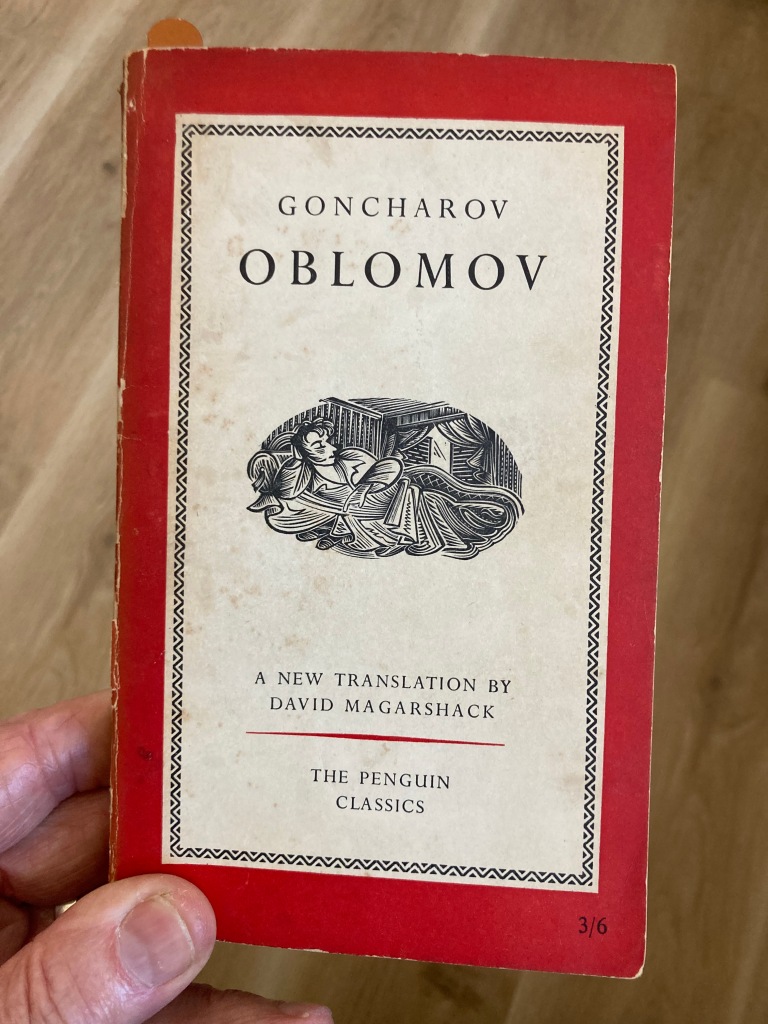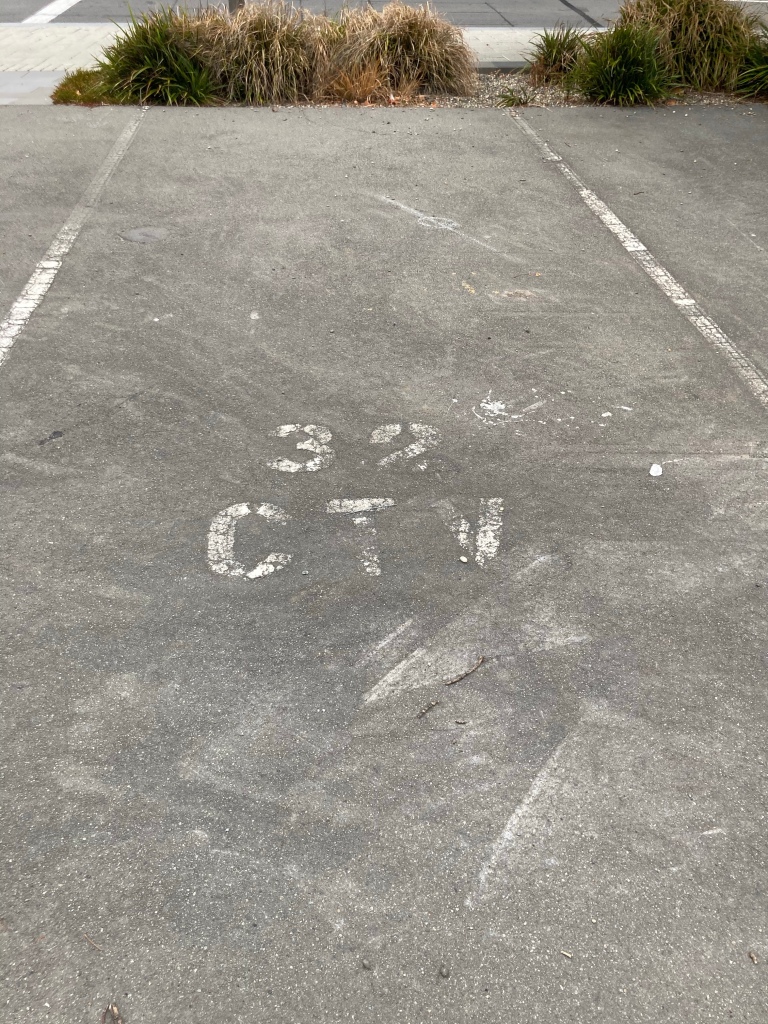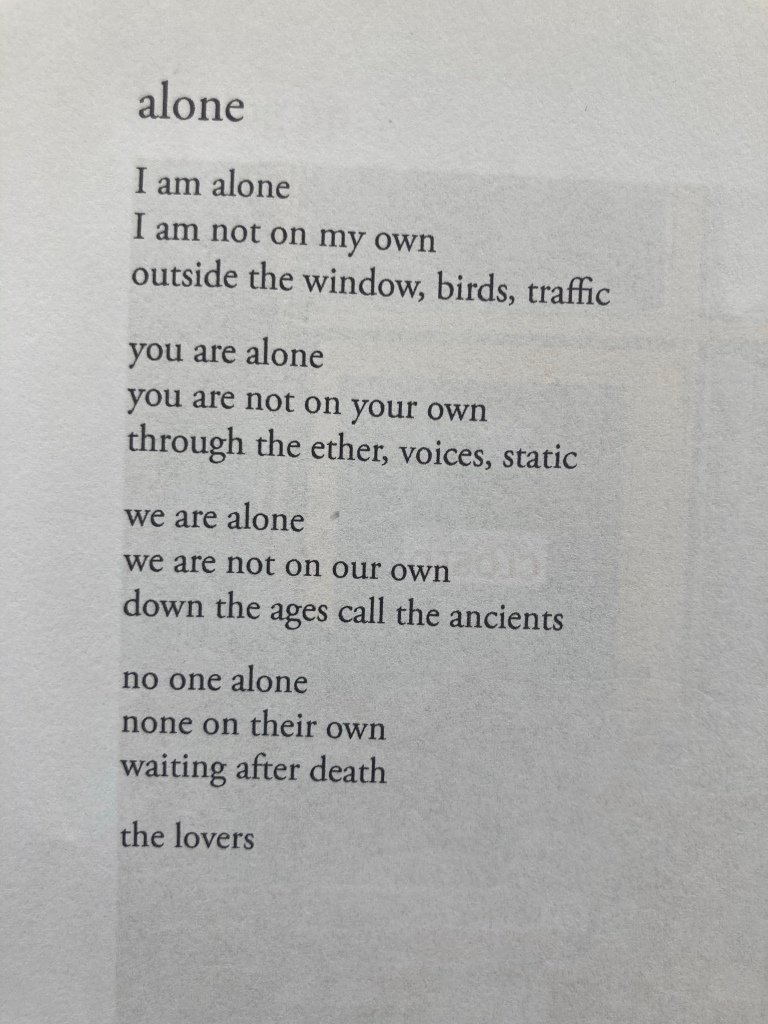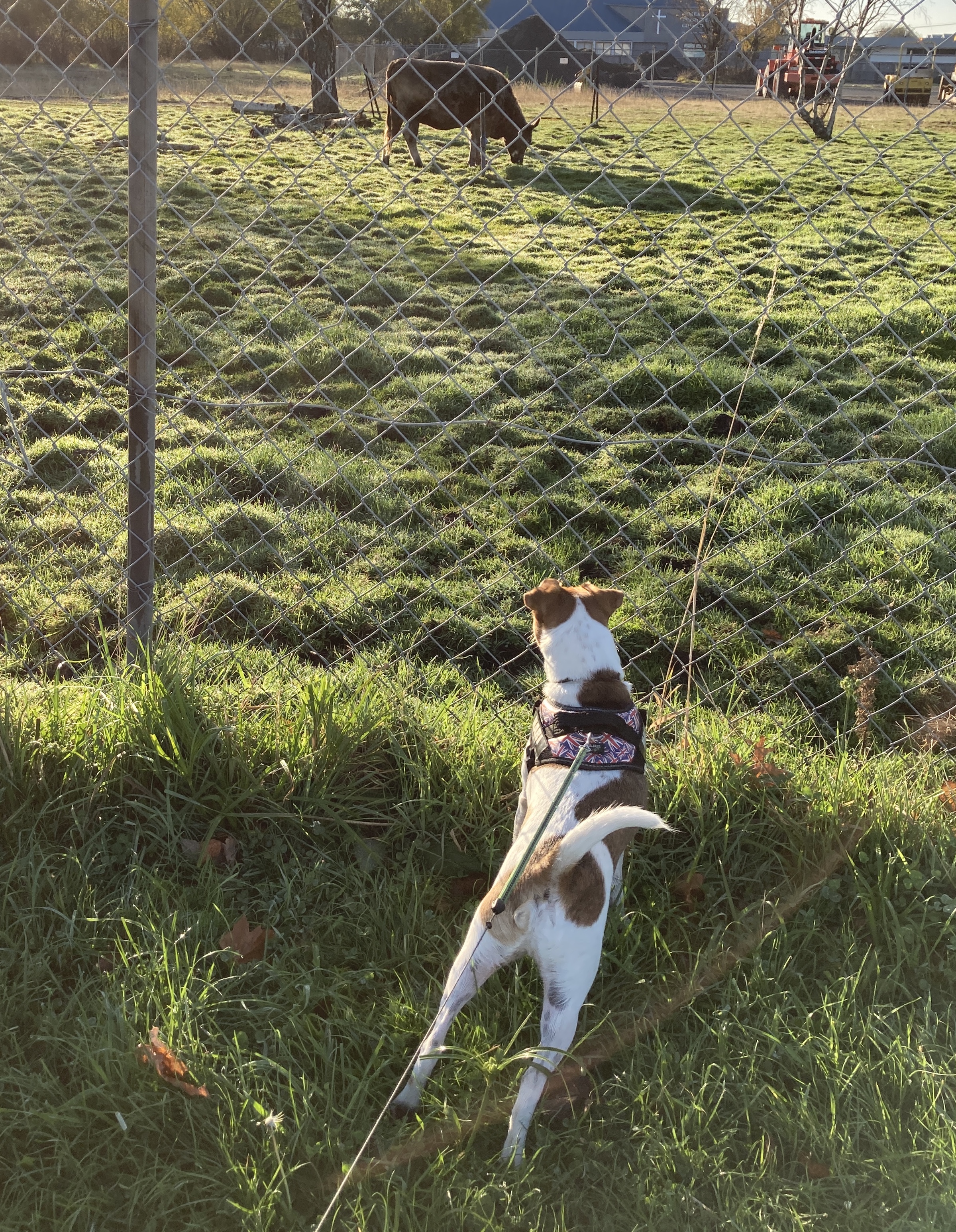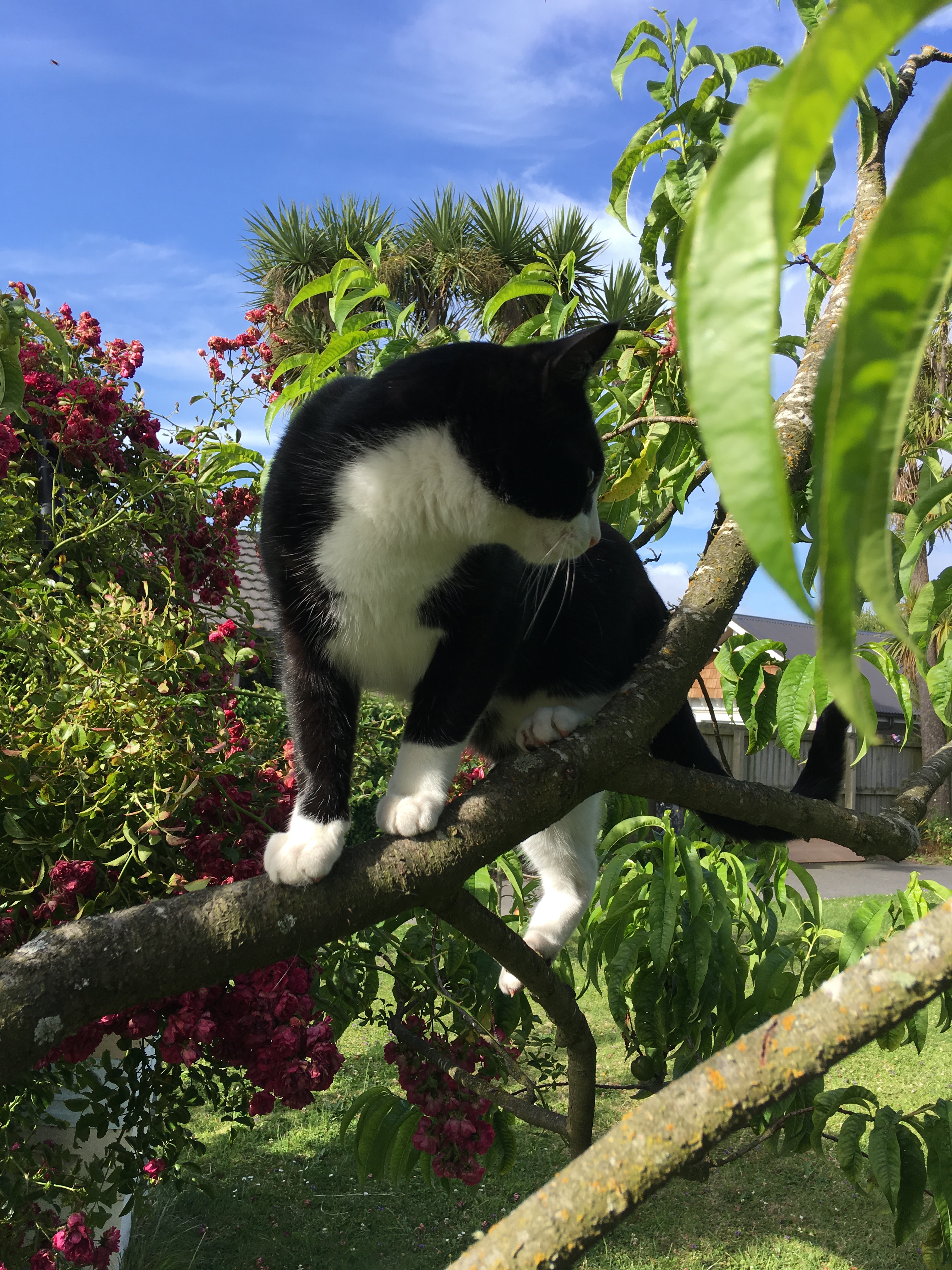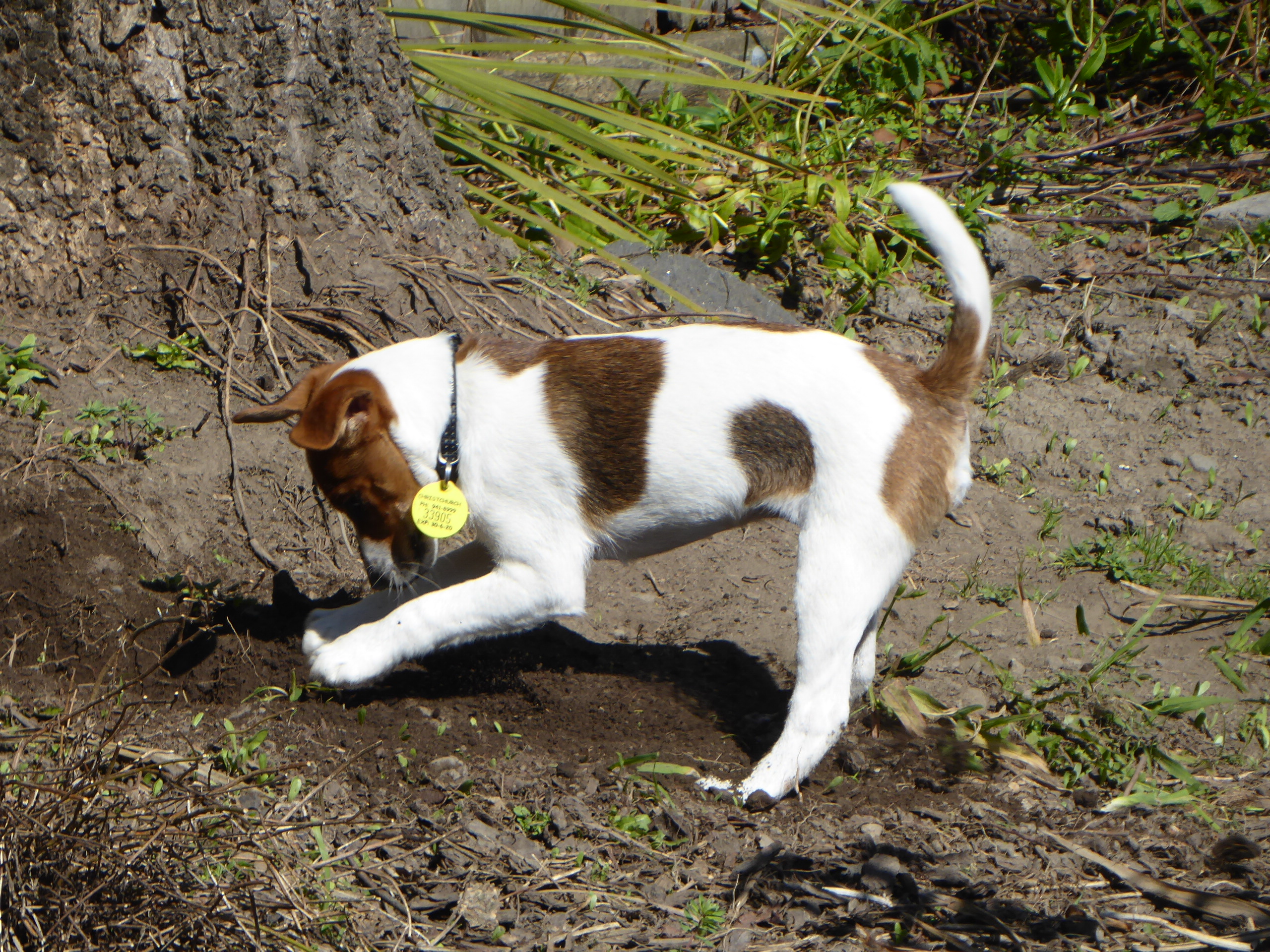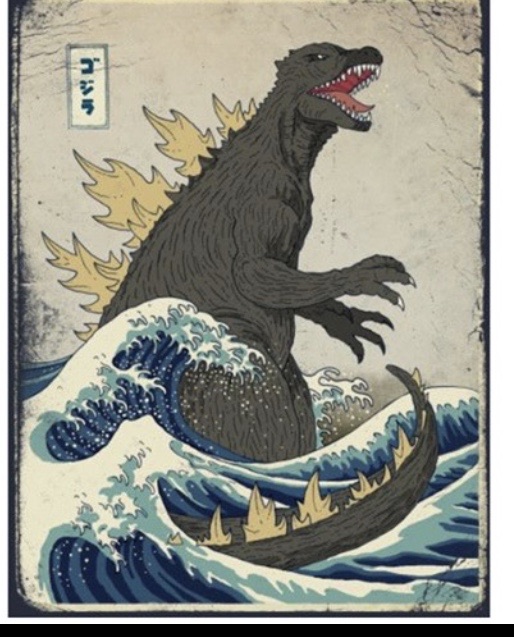
Putin – career.
- Based on, Putin v. The People: the Perilous Politics of a Divided Russia, Samuel Greene & Graeme Robertson (Yale University Press, 2019).
- https://www.theguardian.com/world/audio/2022/mar/11/what-drives-vladimir-putin-forces-ravage-ukraine
- Also David McWilliams on the effect of the war.
- His Radio NZ interview on Saturday Programme, 12 March, 2022.
- https://www.rnz.co.nz/national/programmes/saturday/audio/2018833936/the-global-economy-is-like-a-tube-of-toothpaste
- Also…
- https://davidmcwilliams.ie/podcast/
- Vladimir Putin.
- Born 1952, Leningrad.
- Childhood – hardship. Reading – fascinated with spies and espionage.
- Career – studied Law in St Petersburg, graduated 1975. Later invited to join KGB after graduating.
- KGB in Dresden, East Germany – saw the fall of Soviet Union as it crumbled.
- He asked Moscow what to do as East Germany collapsed – no reply to call.
- The state he served was not there anymore, collapsing. This changed him.
- Early ‘90s, Putin returns to Russia – ends up with a position in bureacracy negotiating with foreign business. Bureaucrat with espionage background.
- End of ‘90s, called up to run the FSB, state security, internal. A functionary with increasing power.
- Did not appear to have political ambition at this time.
- 1998 ff – Russian economic crisis, economy collapsing, changes of leadership, the alcoholic Yeltsin.
- Putin is drafted is as a “place keeper”, safe pair of (unimaginative) hands. Yeltsin frail, incapable.
- !999 – he appoints Putin as acting President. 2000. Campaigns. Elected.
- First year in office – controls emerge, on TV, newspapers. Recovery begins.
- Funding available to the state. Prosperity returns. Putin popular in West.
- Contrast to unstable Yeltsin – sober, reliable. Calls Bush on Sept 11th 2001, offers support. Bush ignorant, misreads his opposite as reliable.
- Fools Western leaders, projects an image of partnership, charms the Western media.
- Love affair goes cold over time. For Putin, this is a learning process, evolution. Centralisation of power.
- Return to the Presidency 2012 – begins clampdown on the media, and his ruthless streak emerges in dealing with opponents.
- Poisonings, assassinations: Russia becomes an even more dangerous place. Challenging Putin comes to mean death.
- Human rights attacked,, defence lawyers killed in public, open slayings of opposition figures, he attacks activists and begins aggression abroad.
- War in Georgia, 2008. Crimea – walks in and takes over from Ukraine.
- Eastern Ukraine, 2014. A small number of Russian regulars and mercenaries (NB. see his latest scheme is to hire Syrian mercenaries, to come to Ukraine, 2021.)
- War with Ukraine, ( 2013 – pressure on them to stay out of EU).
- Euromaidan uprising, 2013 – protests by Ukrainians who want to join Europe. Crimea and Donbas – Putin is applying pressure to keep Ukraine under his thumb.
- More support within Ukraine to go into Europe. Russian dominated enclaves (Donbas) fight Kviv from 2014 onwards until today, supported by Putin.
- Move to war: Since invasion began, Putin is demanding demilitarisation of Ukraine and “denazification”. Regime Change is Putin’s aim, puppets.
- Samuel Greene states, “full scale occupation of Ukraine by Russia is unfeasible” – and partial occupation is never going to work.
- Ukrainians will never submit and Putin cannot kill them all. It’s a no-win gamble, strategic insanity. Instead of the walkover, Putin has a morass.
- Putin’s reaction when he sees he cannot get what he wants? Already he knows his army (ground troops) are hopeless (thus the missile warfare, and the talk of Syrian mercenaries).
- In Moscow – it will become obvious as sanctions bite and the economy collapses that the consequences of this insane venture will be longterm.
- The Russian people/and the elite will have to rise up and deal with Putin, as it becomes clear that he is destroying their present and their future.
- Which is why Putin is reported as being obsessed with dictator Muammar Gadaffi’s violent and sordid end in Libya, executed after being pulled out of a drain where he was hiding in Sirte. He knows deep down if he loses control, they will come for him. Putin is increasingly isolated and no doubt, paranoid.
- Almost seventy years old, he is in fact at a point of organic and intellectual decline, in spite of his barechested hard man image. Putin is an old man.
- Putin is now “doubling down” on a losing war – he will not change his mind.
- Like many, if not most dictators, he will either “leave in a cage or in a box”. Such individuals usually grasp power more firmly as their sense of insecurity increases.
- How might ordinary Russians influence Putin – how will they behave in the face of the consequences? People will soon, if not already, begin rethinking their loyalty to Putin. The war will hurt them and Putin cannot hide this.
- Evidence: already we are seeing protests; now queues at ATMs (as a worthless currency deflates).
- RISK to Putin: When the ATMs and the stores run empty, and the protests merge: that early moral outrage by a few, with a growing anger and fear at the collapsing economy, by the many. That will be a turning point.
- Samuel Greene states the obvious, at this point: Putin is not Russia himself.
- If he cannot stop a majority of 146 million Russians turning against him, then he cannot retain power and maintain control, so he will fall.

